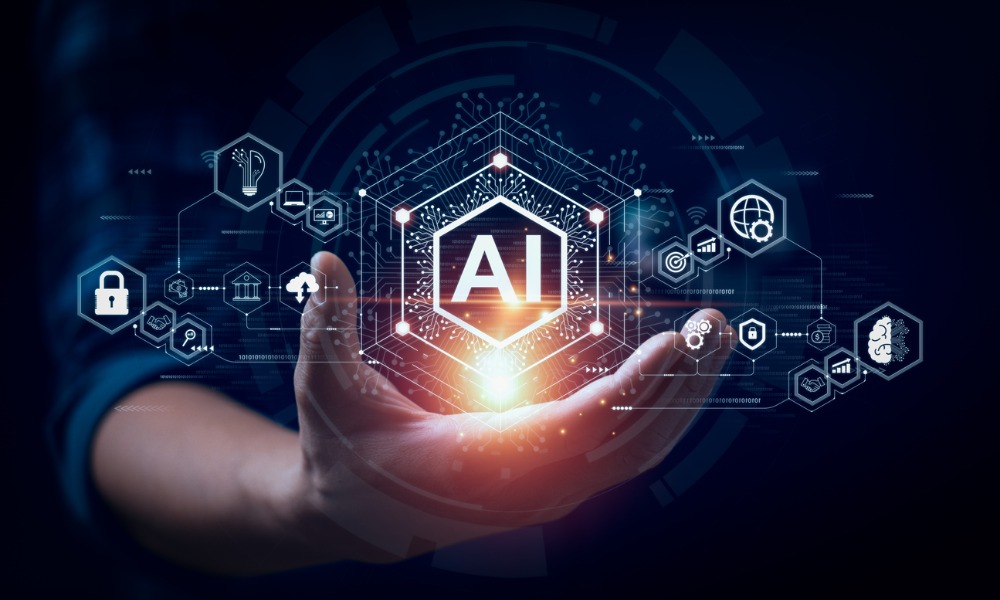
Many remain concerned about AI application

More than nine in 10 HR leaders in Singapore are saying they have implemented AI in their systems, but the majority remain concerned about the potential pitfalls in using the emerging technology.
These are the findings of Employment Hero's The SuperHuman: AI adoption, shaping the future of HR report, which surveyed 300 HR professionals in Singapore.
In the report, 98% of the respondents claim that their HR systems are already leveraging AI, with the most-cited applications being:
With these applications, majority of the respondents (83%) agreed that AI can save them time and facilitate their job, according to the report. They also cited the top benefits of AI:
Despite these benefits, however, many of the respondents are still concerned about the entrance of AI in workplaces. For 65%, they are concerned about the "ethical use of AI" in their HR practices, according to the report. Others are concerned about:
HR professionals are also wary about the fast-developing technology, with 73% agreeing that "ambitious" AI developments should be paused.
These findings reflect the global apprehension surrounding the development of AI, with some big employers restricting the use of AI tools in workplaces amid major concerns.
In New Zealand, the Privacy Commissioner there also warned employers on the potential consequences of using generative AI.
Kevin Fitzgerald, Managing Director Asia at Employment Hero, said it will be up to employers and HR leaders to mitigate the threats and concerns amid widespread use of AI.
"In order to do this successfully, employers must prioritise education and facilitate learning within their workforce to ensure ethical and successful use," Fitzgerald said in a statement. "Used successfully, AI can support businesses in many ways, and most importantly, allow employees to spend more time on tasks that still require a human touch - such as people management, recruitment, and company culture - and profitable activities that benefit the bottom line."
There are also concerns that AI could put at risk 300 million full-time jobs across the world. In the HR field, many are also expecting their department's headcount to decline due to the implementation of generative AI.
"While AI serves as an assistant in HR processes, it by no means replaces the human elements of people management," Fitzgerald said.
"Rather than automating every process, AI should be used to streamline the manual, tedious aspects of HR processing. With more time back in the day, business can then focus on the more people-centric aspects of the job, and on other revenue driving initiatives."